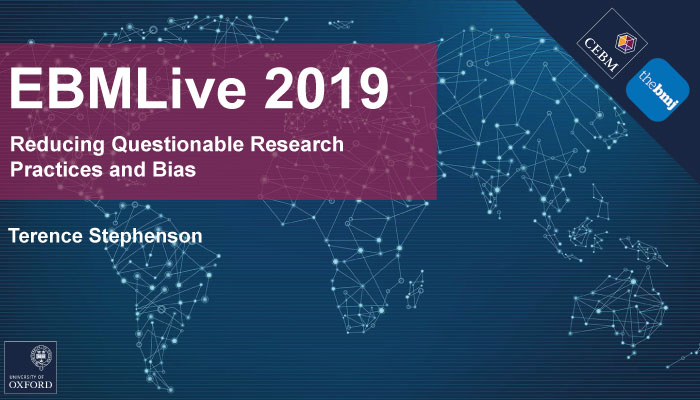





We are all familiar with straightforward fraud. The Lancet paper by Andrew Wakefield alleging evidence of a link between measles, mumps and rubella immunisation and autism is perhaps the most high profile example. The potential consequences of research fraud can be seen from the impact on measles uptake. More than half a million children in Britain have been left unprotected against measles in the past decade. In the first three months of this year more than 110,000 measles cases have been reported worldwide, up a quarter on the same period last year.
Much more difficult is what I would describe as ‘presentational fraud’. In these cases, there has not been true fabrication and the data which are published are not false – but not all the data are published or they are presented at research meetings in a misleading format.
The English word morality comes from the Latin mores meaning the essential or characteristic customs and conventions of a community. To me ‘Presentational fraud’ is immoral in breaching the expected conventions of scientific integrity. Wolfgang Gaissmeier has drawn attention to examples from the field of prostate cancer and Muir Gray has noted the use of the ‘framing effect’ in contrasting benefits and risks, especially in relation to drug trials.
Methodological failings in study design can introduce bias into research which can be unwitting or deliberate. These should be picked up by peer review and good editorial processes but peer review has become less robust with the explosion in online journals. Also, good peer review is time consuming but brings few rewards in modern academia which means obtaining good refereeing can be difficult. If allied to editorial eagerness, this can be a toxic mix.
Research data obtained with a lack of proper informed consent may be scientifically correct but this is unethical. The subsequent use of such data poses a particular problem.
In the case of registered medical practitioners in the UK found culpable of research fraud, the GMC has the power to erase them from the medical register, as in the case of Andrew Wakefield. A doctor who cannot be trusted with scientific data or consent for research cannot be trusted with patient data or consent. How employers deal with non-medical scientists is another matter.